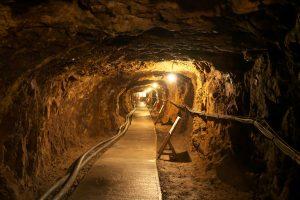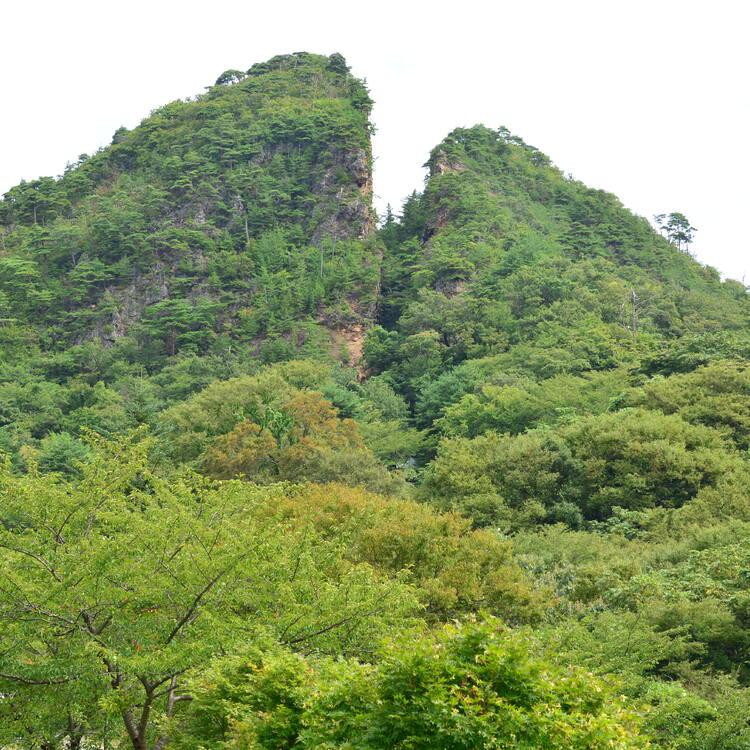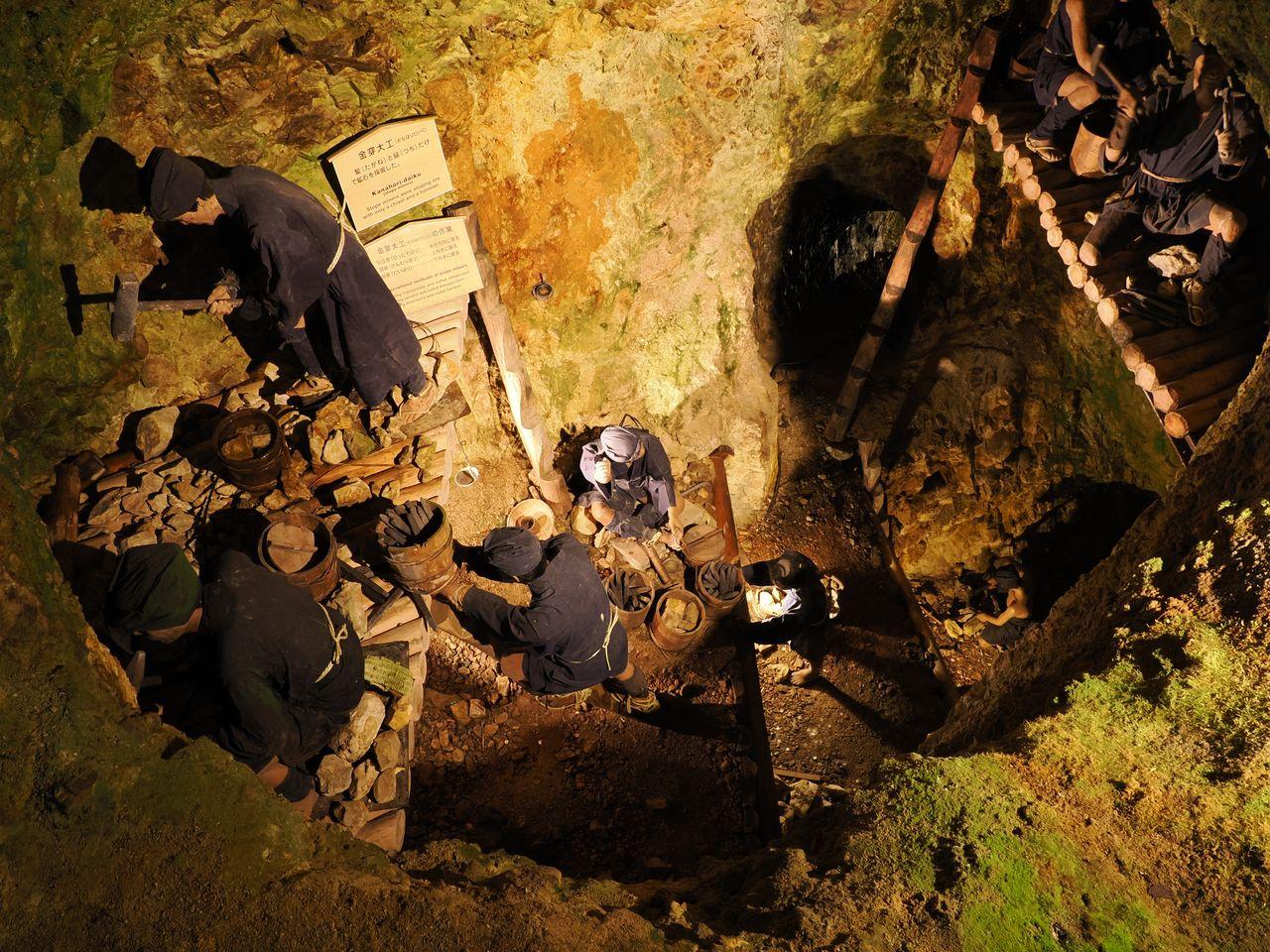Japans Pivotal Memorial for Sado Gold Mine Workers and Its Historical Context
The upcoming memorial for the workers at the Sado gold mines represents a significant step in recognizing the nuanced and complex history surrounding labor in Japan. While primarily intended to honor the diverse workforce that toiled in these mines, the event also navigates the sensitive waters of World War II history. These mines, notorious for their harsh working conditions, employed not only Japanese laborers but also forced laborers from Korea and China, reflecting a troubling aspect of wartime exploitation. As Japan moves to commemorate all individuals who worked at Sado, it simultaneously grapples with its historical narrative, particularly the broader context of wartime atrocities that many prefer to leave unaddressed.
Critics argue that this inclusive approach to memorialization may dilute the severity of past injustices, particularly the plight of forced laborers during a time of national crisis. The memorial’s emphasis on unity among workers runs the risk of overshadowing the experiences of those who suffered under coercive regimes. Many historians and activists advocate for a more focused recognition of the wartime labor camps and the human rights violations associated with them. As Japan takes this step towards remembrance, the challenge remains: how to honor all workers while ensuring that the historical truths, especially regarding the atrocities of World War II, are not overlooked or sanitized for contemporary narratives.
Exploring the Complex Legacy of Forced Labor During World War II
The announcement of Japan’s first memorial dedicated to the “all workers” of the Sado gold mines raises important questions about the nation’s historical narrative and its engagement with the darker chapters of World War II. This site, notorious for its use of forced labor, serves as a remnant of a period marked by exploitation and suffering, particularly for prisoners of war and forced laborers from various nations. By presenting a memorial that encompasses ”all workers,” there is a risk of blurring the distinctions between voluntary labor and the harrowing experiences of those who endured coercion and violence. Such an approach may inadvertently lead to a sanitized version of history, one that diminishes the gravity of wartime atrocities and keeps uncomfortable truths in the shadows of collective memory.
In order to understand the full context of this memorial and its implications, it is essential to consider several factors:
- The impact of forced labor on the individuals and communities affected, particularly those from Korea, China, and other nations.
- The role of state narratives in shaping public perception and memory regarding wartime actions, often prioritizing national pride over historical accountability.
- The broader trend in Japan where memorials often reflect a more ambiguous understanding of wartime actions, leading to tensions with neighboring countries seeking acknowledgment of their suffering.
This confluence of memory and interpretation illustrates the challenges inherent in commemorating history while grappling with its complex legacy, particularly when it involves the painful realities of forced labor during wartime. The memorial at Sado may well become a focal point for these discussions, highlighting how societies construct narratives of the past that can either promote reconciliation or perpetuate division.

Public Response and Controversy Surrounding the Commemoration Event
The announcement of Japan’s inaugural memorial for “all workers” at the Sado gold mines has sparked intense debate and scrutiny. Many within the country and abroad view this commemoration as an attempt to obscure the darker chapters of history associated with the site, particularly the forced labor of Korean and Chinese workers during World War II. Critics argue that by broadening the focus to encompass all workers, the event risks diminishing the specific suffering endured by those subjected to the atrocities of wartime exploitation. Public sentiment has been sharply divided, with many advocating for a more explicit acknowledgment of the atrocities to honor the memory of the victims properly.
On social media and various platforms, a chorus of opinions has emerged, with some highlighting the importance of collective remembrance while others express dissatisfaction over what they see as a deliberate misrepresentation of history. Key concerns raised by activists and historians include the following:
- Lack of specific acknowledgment: The event could be interpreted as an attempt to downplay the historic injustices faced by marginalized groups.
- Potential propaganda: Some view the memorial as a governmental strategy to reshape public perception of Japan’s wartime conduct.
- Calls for clarity: Advocates for historical accuracy argue that future commemorations should explicitly honor the victims of wartime labor, ensuring their stories are not lost in a homogenized narrative.

Recommendations for a Comprehensive Approach to Historical Acknowledgment
In addressing the complexities surrounding the acknowledgment of historical injustices, a multifaceted approach is essential. Firstly, it is vital to ensure that memorials and commemorations are inclusive and accurately reflect the experiences of all who suffered. This may involve establishing a comprehensive timeline showcasing the various facets of the Sado gold mines’ history, including contributions and suffering of forced laborers, to promote understanding and reconciliation. Moreover, educational programs should be developed to emphasize the importance of remembering the past honestly, fostering critical discussions within communities.
Secondly, engaging with historians, activists, and surviving families can create a richer narrative that honors the victims while ensuring their stories are not overshadowed. This collaboration should aim to:
- Document testimonies that highlight personal experiences and collective struggles of those involved.
- Encourage international dialogues to share lessons learned from historical injustices.
- Promote policies that support reparations and memorial preservation, creating a lasting commitment to justice.
By embracing a thorough and honest approach to historical acknowledgment, Japan can help pave the way for healing and understanding, rather than obfuscation or denial of past atrocities.